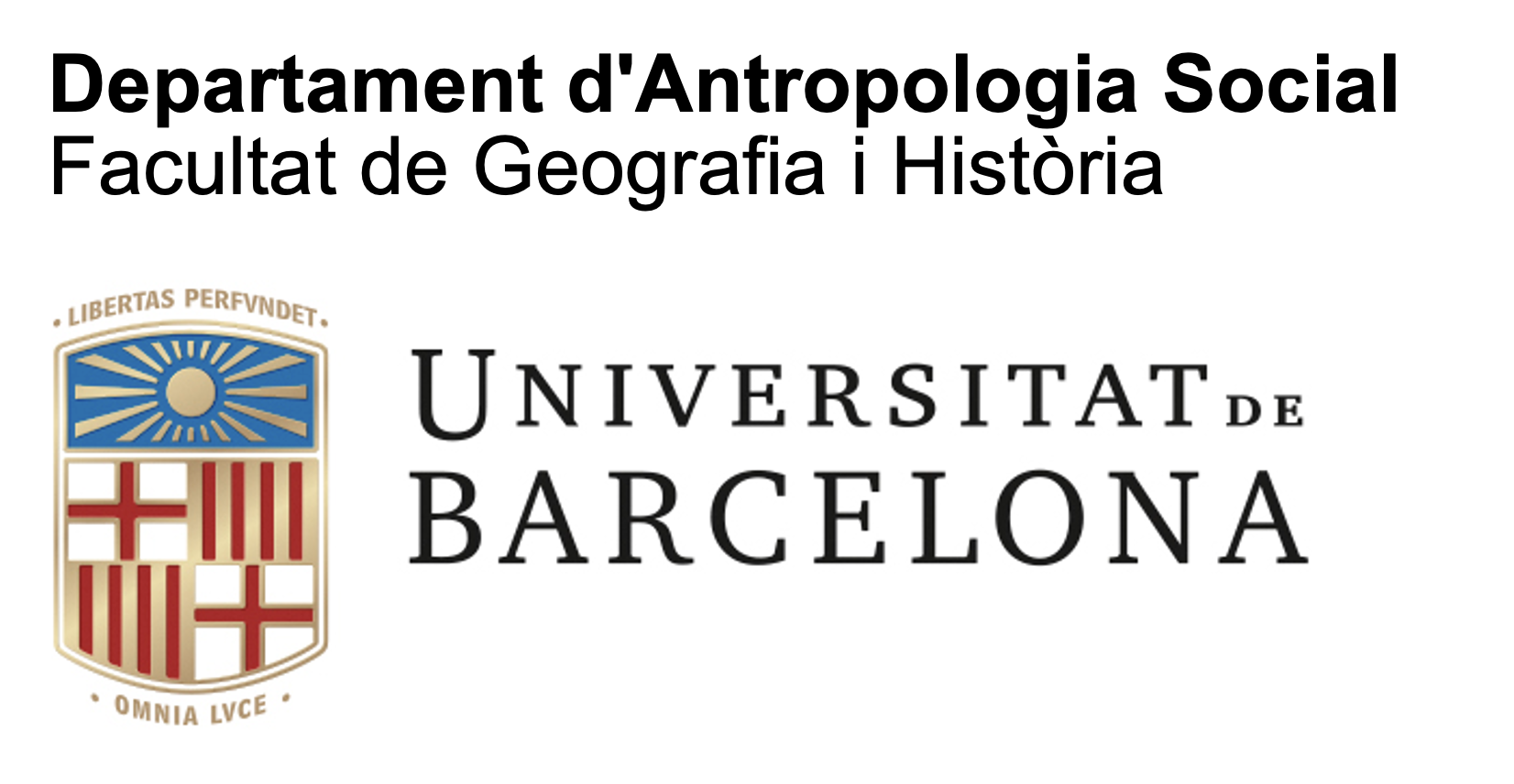From Process of Civilization to Policy of Civilization: A Holistic Review of the Chinese Concept Wenming
Palabras clave:
wenming, civility, suzhi, quality, hygiene, nationalismResumen
In the past decades, the Chinese government has popularized the concept of wenming, translated into English as civil, civility, civilization or culture, through its political and practical use in the public space: banners, pamphlets, advertisements and clips on how to behave as a proper citizen. This paper analyzes the epistemological implications of a concept that signifies beyond its own terms. Thus, taking a holistic perspective and employing historiographical, linguistic and ethnographic sources, the author links the current wenming policy to a structure of power reproduced throughout Chinese history, and endorsed by the state even during the most revolutionary periods. This structural inequality works as a normalizing apparatus that excludes the rural over the urban –class normalization–, the ethnical other over the Han majority –racial normalization– and the feminine over the masculine –gender normalization. A process that has been marked by key historical milestones such as the emergence of Confucianism, Western imperialism, the birth of Chinese nationalism and the re-introduction of market economy in 1978. The author distinguishes this “process of civilization”, a sociogenetic, heterogeneous and multifocal phenomenon, from the concreteness of a political discourse conceptualized in the post-Mao era as a set of particular words and campaigns that the Chinese Communist Party has been shaping since the early 1980s. Therefore, the title of this paper From Process of Civilization to Policy of Civilization describes a transition from the abstract historical process –the wenming process– to the specific political campaigns of wenming –the wenming policy–, being the latter the reification and institutionalization of the ongoing normative process described above.
Descargas
Descargas
Cómo citar
Número
Sección
Licencia
Los autores que publican en esta revista están de acuerdo con los términos siguientes:
El autor/a [o los autores/as] conserva los derechos de autoría, y concede a (Con)textos: revista d'antropologia i investigació social los derechos de la primera publicación del artículo.
El autor/a autoriza a la reproducción y difusión de sus artículos en servicios de indexación y abstracts, bases de datos académicas y repositorios en los cuales participa la revista en la actualidad o en un futuro. A partir del No 13, los textos se difundirán con la licencia de Creative Commons - Reconocimiento (CC-by) que permite la reproducción, distribución y comunicación pública siempre que se reconozca el autor y la revista, no se haga un uso comercial y no se generen obras derivadas.
Así mismo, los/las autores/se pueden depositar la versión final aceptada para publicación en repositorios institucionales o temáticos de acceso abierto.
(Con)textos: revista d'antropologia i investigació social no acepta ninguna responsabilidad por los puntos de vista y las declaraciones hechas por los autores en sus trabajos.







